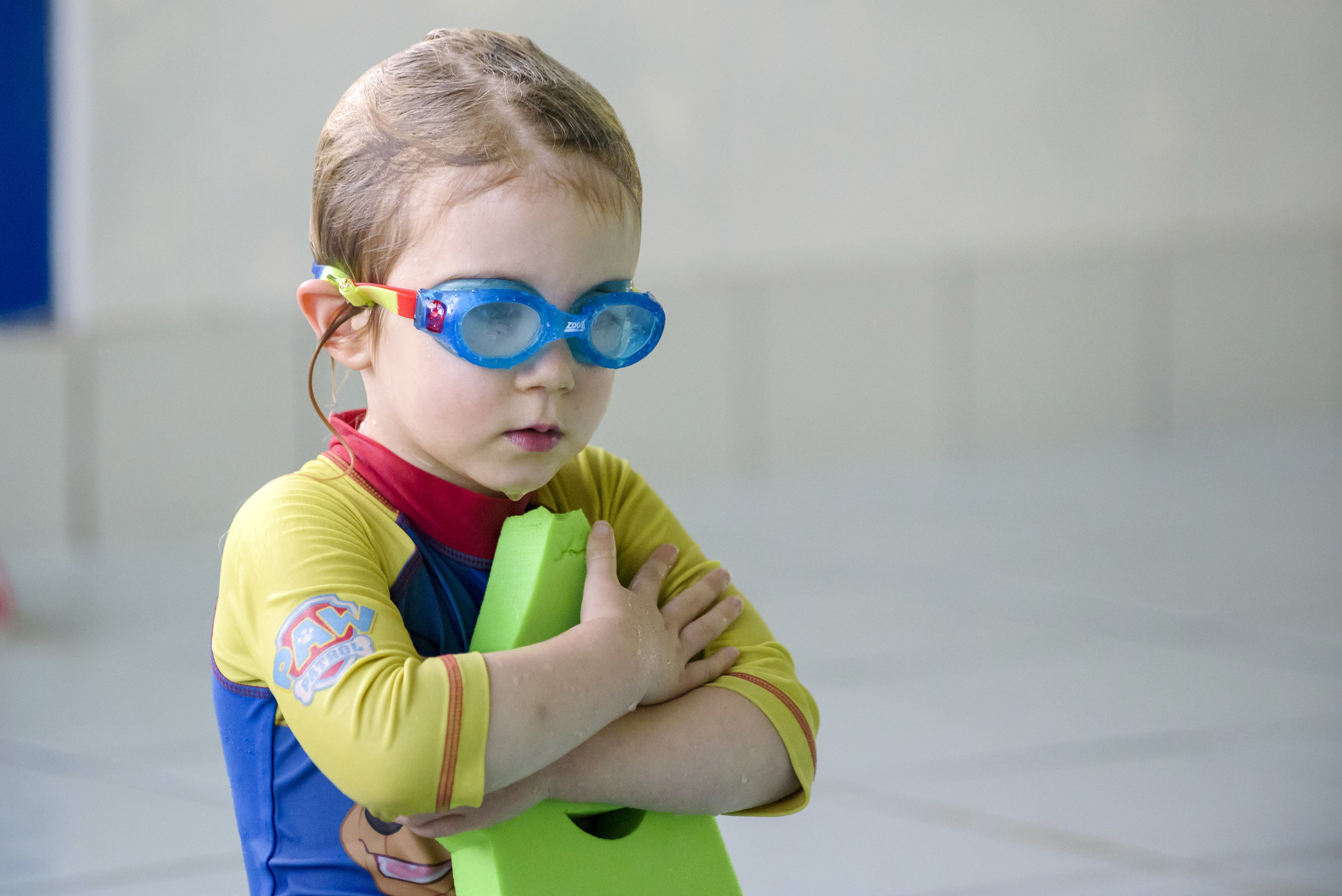'How long is a piece of string?!'
In all honesty we cannot tell you how long it will take your child to learn to swim as every child is different. We highly recommend that children complete stages 1-10 of the ASA Learn to Swim Pathway before their swimming journey is complete. This ensures that they are confident and competent swimmers that are able to move on to a range of aquatic activities knowing they are safe and able.
After many years of teaching children to swim Lucy and Calvin have found that children that take longer to get through the first few stages of the Learn to Swim programme do not necessarily take the same time to achieve the latter stages. Therefore just because your child has taken additional time to get to grips with the basics of swimming, this is not necessarily a reflection of how they will continue to progress. Many children will have a 'lightbulb moment' when it all falls into place for them and they begin a more rapid progression rate through the stages.
The ASA recommends that children should be able to achieve Stage 1-10 in an average of 4-5 years depending on the age they start their swimming journey.
Minimum requirements for each class: Many of our classes have a minimum of two stages that must be achieved before progressing to the next class. Children are expected to take a minimum of one term for every stage or distance they are working towards. For reference the average child will spend the following length of time in each class:
- Preschool - minimum of 3 terms to achieve Duckling 1- 4 and Stage 1*
- Non-swimmer - minimum of 1-2 terms to achieve Stage 1*
- Beginners 1 - minimum 1-2 terms to achieve Stage 2
- Beginners 2 - minimum 2-3 terms to achieve Stage 3 and 4
- Improver 1 - minimum 2-3 terms to achieve Stage 5 and 6*
- Improver 2 - minium 2-3 terms to achieve Stage 7 and 8
- Advanced - minimum 3-4 terms to achieve Stage 9 and 10*
(* theses stages are the most difficult to achieve and parents should not be concerned if their child is taking 2-3 terms to achieve the stage)
If you have concerns about your child's progress you should always contact Lucy or Calvin to discuss this. They can talk to the teacher and provide you with detailed feedback about your child. There are many options that can be facilitated within the class to help get your child back on track such as putting an assistant on the class also, extra lessons, 1:1s etc.
What can I do to help?
Frequency of Lessons/Practice: Swimming is proof that practice makes perfect. So it makes sense that the more lessons and practice your child gets, the faster they progress. It's often unavoidable to miss a class but try to be as consistent as possible with your child's swimming lessons. The children that attend the class regularly are the children that progress the fastest.
Encouragement and positive feedback! The absolute best thing you can do to help your child is to encourage them in their efforts and praise them for any achievements they make regardless of how small they may be. Our teachers will praise the children for small achievements within the class, but we love it when parents reinforce this after class as it definitely helps to keep the child motivated.
Take your child swimming out with their weekly lesson. This is a good chance to enjoy the pool as well as practice any skills that your child may be finding particularly difficult. It also ensures that children continue to enjoy the water at times when they may not be enjoying their lesson quite as much as previously.

